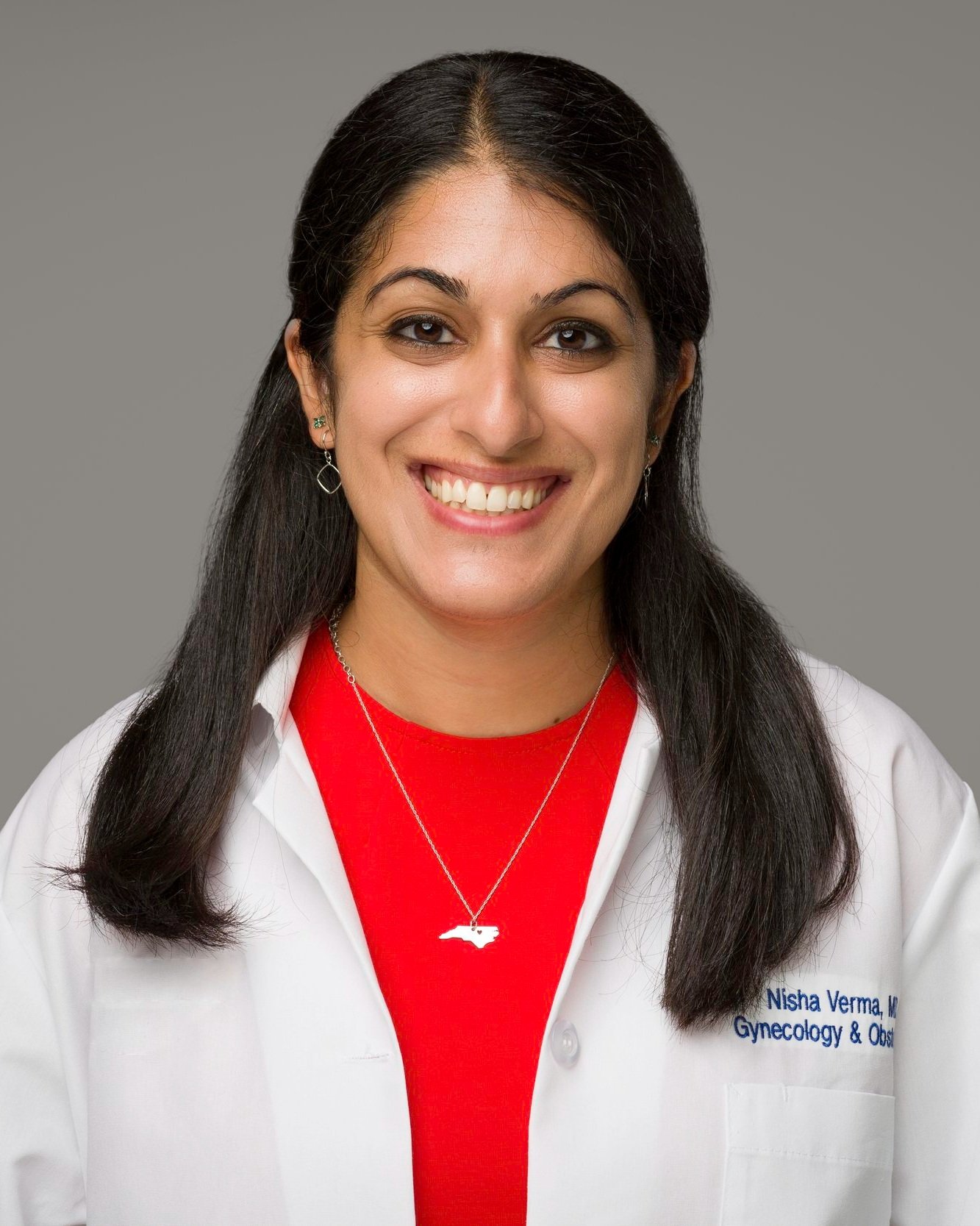
Forty years ago, my dad moved to the United States from India with a student visa, the few dollars he saved working on his parent’s farm, and a dream to be a chemist. My mom joined him in North Carolina shortly afterward and gave birth to my older sister thousands of miles away from everything that was familiar to her. Like many immigrants, they came to America hoping for greater opportunities and a better life for their children.
I asked my parents when I was younger if they ever regretted leaving their homes and families to start a new life in the United States. “Wasn’t it hard?” I remember asking them. I remember my mom pausing for a moment, lost in thought, before responding, “Sometimes we do things that are hard, but also right.”
Now, as an OB-GYN providing abortion care a few hours away from my childhood home, I think of those words often. My mom’s words remind me of the commitment I made when I became an OB-GYN to do the right thing based on my conscience and my duty as a doctor – to take care of people without judgment throughout their lives, regardless of their healthcare needs. For me, that commitment holds whether I am talking a young woman through her first pap smear, delivering a couple’s highly anticipated third child, helping a new mom with breastfeeding issues, or supporting a patient and her family as they decide to continue or end a pregnancy. It is a commitment that holds even in the face of restrictions on abortion care that can make it harder for me to support my patients as they make careful, informed decisions about their lives.
I decided to provide abortion care as part of my medical practice knowing that abortion, for many people, can be complicated. Every time I turn on the news, I am struck by how simplistic and polarized the arguments our politicians make about abortion can be, compared to the reality of abortion care in the lives of the people and families I care for each day.
Often, when I sit and talk with real people and their loved ones making important, careful decisions about their pregnancies, the full weight of abortion’s complexity hits me. Take, for example, the young woman I cared for who found out she was 14 weeks pregnant after being diagnosed with a rare, aggressive cancer. To have even a small chance of survival, she needed to start a chemotherapy regimen right away that would be toxic to her growing pregnancy.
Or consider the patient who cried with her husband in the ultrasound suite after I confirmed her water had broken at 16 weeks, and that her baby would never be able to develop lungs that would allow it to live outside of her.
Think about the mother of twin boys I saw in my clinic whose last delivery had been complicated by a dangerous pregnancy-related heart condition. Despite using her birth control correctly, she found herself 8 weeks pregnant, knowing that her chance of developing a more severe form of her heart condition with another pregnancy was too high to risk not being around for her sons.
Read “Adoption and Abortion: Two Different Coins, Not Different Sides” by Dr. Leilah Zahedi
All these people and their families made careful, conscious, informed decisions about the course of their lives. These decisions, while sometimes hard, were shaped by their unique life and health circumstances and their commitments to those that they loved. At the same time, they grieved for the loss of the potential life they were carrying. As the doctor they had trusted to provide their abortion care, I respected the difficult decisions they had to make while also grieving that loss of life with them.
I recognize that, for many, it can be hard to exist in this “in-between” space – acknowledging both that abortion ends a potential life and allows an individual to determine the course of her own life. It can be uncomfortable to hold both truths together, and so we often choose only one. But as an OB-GYN providing abortion care, I know this “in-between” space is so much more real. It is a space where we can acknowledge the complexities of abortion without reducing it to a polarized debate and can understand the decisions people make as they try to shape their lives.
I feel an obligation to share my experience providing abortion care as more and more states pass laws that aim to almost eliminate abortion and the Supreme Court debates its constitutionality. In my time as an OB-GYN, I have learned that no two people or pregnancies are ever the same. There is no one-size-fits-all law that can take every individual, family, or medical situation into account. It is therefore important that our laws are backed by medical science and that they allow space for doctors and patients to make the best decisions for each unique situation.
I remain committed to providing compassionate and evidence-based care to my patients and hope these stories encourage people to consider the possibility of the “in-between” space. It is a space where two truths can exist together – we can allow women and their families, supported by their doctors, to make decisions about their lives, and recognize that those decisions sometimes mean ending a developing pregnancy. It is a space that can feel uncomfortable, and complicated, and hard, but it is also real and important. It is the space where, like many of my patients and their families, I have chosen to live, always remembering my mom’s words from all those years ago.

Dr. Nisha Verma
Dr. Nisha Verma, MD, MPH, was born in Greensboro, NC to Indian immigrant parents. She received her Bachelor’s in Biology and Anthropology and her medical degree from the University of North Carolina. She graduated from OB/GYN residency at Beth Israel Deaconess Medical Center, and completed her Complex Family Planning Fellowship and Master’s in Public Health degree at Emory University. She provides comprehensive reproductive healthcare, including abortion care, and currently lives in the DC area.






